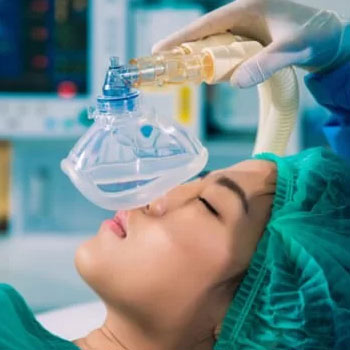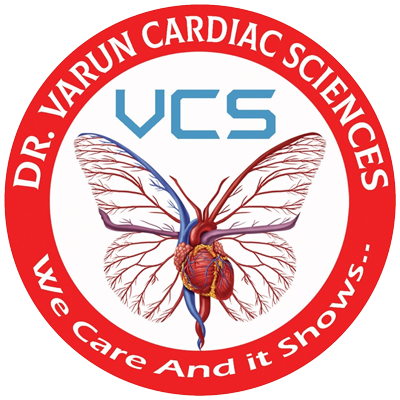What is Anesthesia & Critical Care?
Anesthesia and critical care are pivotal fields within medical practice, crucially supporting patient care during surgical procedures and in intensive care settings, respectively. This article explores the fundamental aspects of these disciplines, highlighting their significance, processes involved, and the specialized roles of healthcare professionals within them.
What is Anesthesia?
Anesthesia is a medical specialty dedicated to managing pain and providing care before, during, and after surgical procedures. It ensures patient comfort and safety throughout the operation. Anesthesia practitioners include anesthesiologists and nurse anesthetists, who administer medications tailored to each patient's needs to induce temporary unconsciousness, pain relief, and muscle relaxation during surgery.
Types of Anesthesia
- General Anesthesia: Renders the patient unconscious and immobile.
- Regional Anesthesia: Numbs specific regions of the body, often used for procedures on limbs or during childbirth
- Local Anesthesia: Numbs a small area of the body, typically used for minor procedures
What is the role of anesthesiologists?
Anesthesiologists are physicians specializing in anesthesia care. They evaluate patients before surgery, develop an anesthesia plan, administer anesthesia, monitor vital signs during surgery, and manage pain afterward. Their expertise ensures the patient's well-being and optimal surgical conditions.
Skills Required
- Medical Knowledge: Understanding of pharmacology, physiology, and patient assessment
- Critical Thinking: Quick decision-making in emergency situations
- Communication: Effective interaction with surgical teams and patients
What is Critical Care Medicine?
Critical care medicine focuses on treating patients with severe, life-threatening illnesses and injuries. It encompasses intensive care units (ICUs) where specialized medical equipment and monitoring devices are used to support organ function and stabilize critically ill patients
Critical Care Team
- Intensivists: Physicians specialized in critical care
- Critical Care Nurses: Skilled in managing complex medical equipment and providing direct patient care
- Respiratory Therapists: Assist in managing ventilators and oxygen therapy
What is the importance of critical care?
Critical care is essential for patients recovering from major surgeries, severe infections, trauma, or those with organ failure. The goal is to stabilize patients, prevent further deterioration, and facilitate recovery. Multidisciplinary teams collaborate to provide continuous monitoring and personalized treatment plans tailored to each patient's needs
Key Aspects
- Monitoring: Continuous assessment of vital signs and organ function
- Interventions: Prompt responses to changes in patient condition
- Communication: Clear coordination among healthcare professionals
What is the integration of Anesthesia and Critical Care?
Anesthesia and critical care often intersect, especially in surgical settings and intensive care units. Anesthesiologists play a crucial role in managing patients during surgery and may continue to oversee their care postoperatively in ICUs. They collaborate closely with intensivists and critical care teams to ensure seamless transitions and optimal patient outcomes
Challenges
- Complex Cases: Managing patients with multiple medical conditions
- Team Coordination: Effective communication and collaboration among specialists
- Emergencies: Rapid response to unexpected complications
Anesthesia and critical care are indispensable components of modern healthcare, ensuring patient safety, comfort, and recovery in surgical and critical settings. The integration of specialized medical expertise and advanced technology enables healthcare professionals to deliver high-quality care, addressing both routine procedures and complex medical emergencies.
In summary, anesthesia and critical care disciplines exemplify the pinnacle of medical professionalism, combining expertise, compassion, and innovation to safeguard and enhance patient lives.

